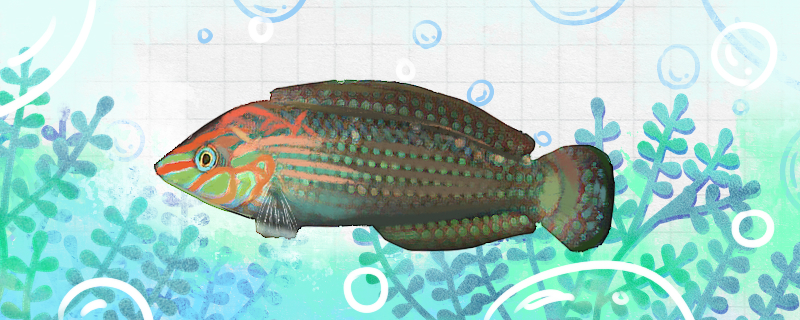
? Peacock dragon is a kind of large ornamental fish, the largest can reach 50 centimeters. They have a fierce temper and a strong sense of territory, and it is difficult for them to live in peace with other fish. Moreover, they eat a lot and eat very fast, which makes it easy for the fish raised together to grab the food. According to past experience, the success rate of polyculture with mackerel, heteromorphic fish and catfish is higher, and polyculture with small fish is not recommended.
This kind of fish can be fed mainly with small fish and frozen red worms, with artificial feed, so that they can get more comprehensive nutrition. Their food intake and excretion are very large, when raising, we must pay attention to maintaining the cleanliness of water quality, when changing water, we must also keep the water temperature constant, sudden changes in water quality and water temperature will lead to maladjustment or even death of peacock dragons. Generally speaking, this kind of fish is still difficult to raise.
peacock dragons 1. Water environment: When raising peacock dragons, the water temperature should be 25 ℃, and the water quality should be neutral or weakly acidic. Too much change in water temperature can easily cause them to suffer from white spot disease, which can be cured automatically by raising the temperature to 32 degrees Celsius.
2. Change the water: Change the water once a week when raising this kind of fish, and change about 1/3 to 1/2 of the water each time. Be careful and gentle when changing water to avoid them being frightened. The amount of water should be adjusted in time according to the condition of the fish. Too much water will cause the fins and scales to fall off, while too little water will cause symptoms such as turbidity of the eyeball and turnover of the gill cover.
3. Environment: They are large fish, and the selected fish tank is at least 1.5 meters long, 0.5 meters wide and 0.7 meters high. They usually swim in the upper layer and like to jump. The fish tank must be covered to prevent them from jumping out and suffocating.